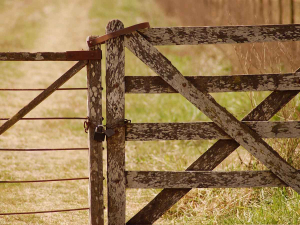OPINION: One of the tasks of whatever new government emerges in the coming days and weeks will be to look and see what can be done to restore farmer confidence.
The latest results from the Rabobank confidence survey show that farmer confidence sits at a record minus 72%. It goes on to show that three quarters of sheep and beef farmers expect the performance of their own farming businesses to deteriorate in the coming year.
This isn’t surprising, given the news that has been widely reported for some months now with a sluggish Chinese market, global inflation, and the very volatile geopolitical situation.
Uncertainty started with the arrival of Covid-19 and has remained something of a constant. Yes, we have got two new FTAs over the line and there is improved access for many of our primary products, but for the last four years, volatility and uncertainty have prevailed.
While the survey results rightly says the main cause of the confidence drop is lower commodity prices, there are other factors at play, such as rising input costs – fuel, fertiliser and the like – and the scarcity and cost of skilled labour.
Interestingly, government policies have slipped out of the top two reasons for the drop in farmer confidence. Maybe there is a realisation that whoever governs the country, the direction of travel won’t change, although the speed may slow.
In the last few months of the election campaign the issues affecting farmers and rural communities have largely been ignored by politicians and the mainstream media.
The campaign has been depressing and one can only hope that when the politicians come back to Wellington they will start to focus on real issues – one of these being restoring farmer and rural confidence.











